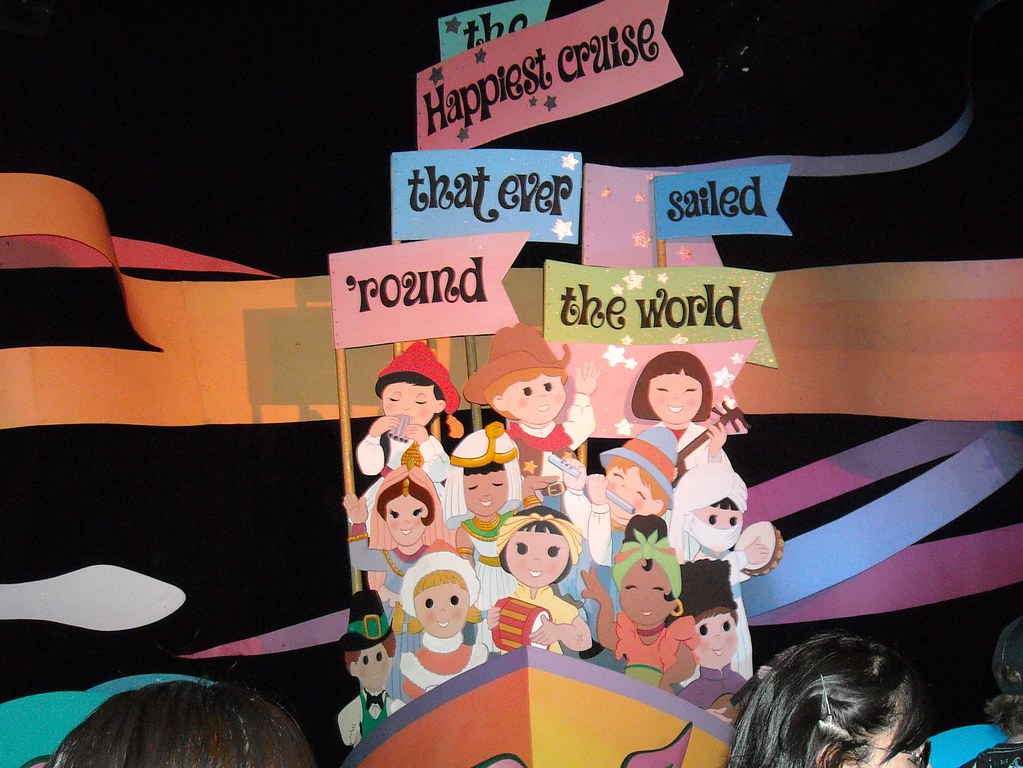Hello, readers!
As my boyfriend and I begin to plan our upcoming travels, I've been looking into names popular in our destination countries. In Japan, Tatsuki, Aoi, and Hinata are among the best-loved, but they could have a hard time translating elsewhere. The same could be said, of course, for Elizabeth, Alexander, and Genesis, if they arrived in Japan!
While it would be impossible to compile a complete list of names that work well across various languages and cultures, here's a list of some ideas. Notice that most names are vowel-heavy, with the consonants S, R, M, and N showing up regularly. Also, the most popular gender for each name will depend on the culture/country!
Ava, Eva - Persian, Hebrew, German
These pretty, classic choices already rank at #4 and #75 in the US; there's no need for me to sell their simplicity and femininity! Still, they're popular for a reason, and would make lovely choices that will stand the test of time (and passport pronunciation).
Mia - Spanish, Scandinavian, Japanese, etc
Ranking on popularity charts in over 25 countries, Mia is fabulous as either a nickname for something longer or all on its own. It's uncomplicated and chic, the type of name with a friendly sound and a beautiful form.
Rui - Portuguese, Japanese, Chinese
A variant of Rodrigo and a popular Chinese surname? Rui has got you covered. Pronounced "ROO-ee," it's a pleasant, lively name that will fit in among the Ray's and Leo's on the playground.
Sara - Hebrew, Japanese
It means "princess" in Hebrew, and has multiple meanings in Japan (depending on the kanji used to spell it). In either case, Sara is a traditionally feminine choice with a long history and dozens of unique namesakes.
Ari - Hebrew, Scandinavian, Armenian
Historically Ari has been a name for boys, with illustrious meanings like "eagle," "lion," or "brave." These days, you're just as likely to hear it for a little girl, often as a nickname for Arielle, Arianna, or Aria. No matter the gender, this name is bright and warm.
Rio, Ryo, Reo - Spanish, Portuguese, Japanese
While Ryo is an immensely popular name in Japan, Rio has only just begun to rise for boys and girls in the US. The recent animated film, as well as the 2016 Summer Olympics, have reminded us of the energetic appeal of "Rio by the sea-oh."
Mei, May, Mai, Mae - Chinese, Japanese, English, Latin
Darling and delicate, this single-syllable pick is bound to work with just about every last name. Whether you're intrigued by the various meanings or honoring a namesake, Mei is a terrific and timeless choice.
Aya - Japanese, Hebrew, Arabic, Yoruba, etc.
This gorgeous name has roots in dozens of languages and cultures, making it a multiculti favorite! However, Aya has only recently started to gain notice in the US, with more fans in Europe and Asia.
Noa - Hebrew, Japanese
Though it's bound to be mistaken for mega-popular Noah in the US, Noa actually comes from a different Hebrew root, meaning "motion." In Japanese, it means "love" or "affection." Perhaps once Noah begins to decline, Noa will rise for girls all over the world.
Hana - Hebrew, Japanese, Korean, Arabic, Persian, etc.
While most variations of Hannah peaked in the late 1990's/early 2000's, this pretty short form could take off on its own. It fits in with trendy four-letter names like Emma, Nora, and Anna, but stands out as a less-common choice.
Sia - Scandinavian, Coptic, Hindi
Most Americans will link this name with contemporary musician Sia, but the name was used even by ancient Egyptians. It's an alluring choice that's sophisticated and unique, yet accessible.
Any great options I missed? Tell me in the comments!

Kim - Vietnamese, Korean (surname), English;Danish, Swedish, Norwegian, Finnish (diminutive of variations of Joachim)
ReplyDeleteMy son's name is Asa. We pronounce it Ace-uh but with various pronunciations it can be found in Herbrew, Scandinavia, Portuguese, Igbo and Yoruban. Several names from the middle east sound like Asa too. I'm thinking of Janet Jackson's new son Eissa for example.
ReplyDeleteI do have a couple of other names that can work well across the globe.
ReplyDeleteFemales:
Mira - used in a lot of European languages, Turkish, Indian languages, Japanese and Korean (as Mi-ra)
Aino - used in Finnish and Japanese
Males:
Dara - used in Irish, Khmer and Persian
Iori - used in Japanese and Welsh